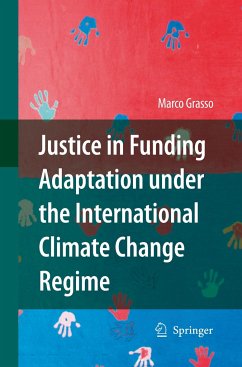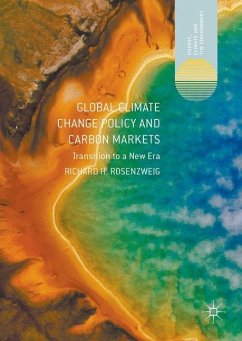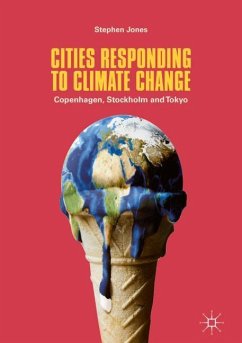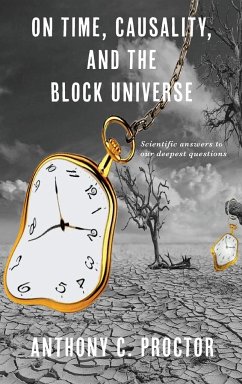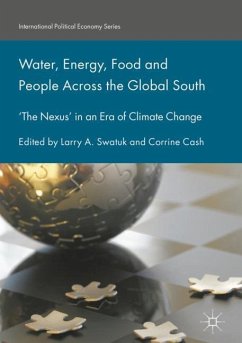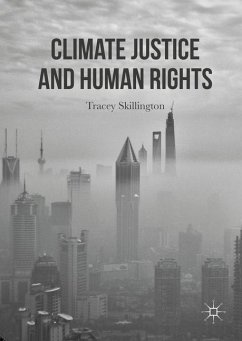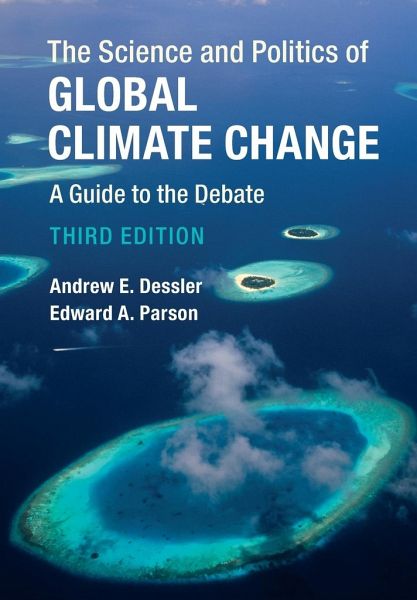
The Science and Politics of Global Climate Change
Versandkostenfrei!
Versandfertig in 1-2 Wochen
51,99 €
inkl. MwSt.

PAYBACK Punkte
26 °P sammeln!
Provides a concise, thorough overview of the science, technology, economics, policy, and politics of climate change in a single volume. Ideal for undergraduate/graduate courses in environmental policy and climate change. Explains interactions between science and politics that make climate change a contentious and potentially confusing topic.






